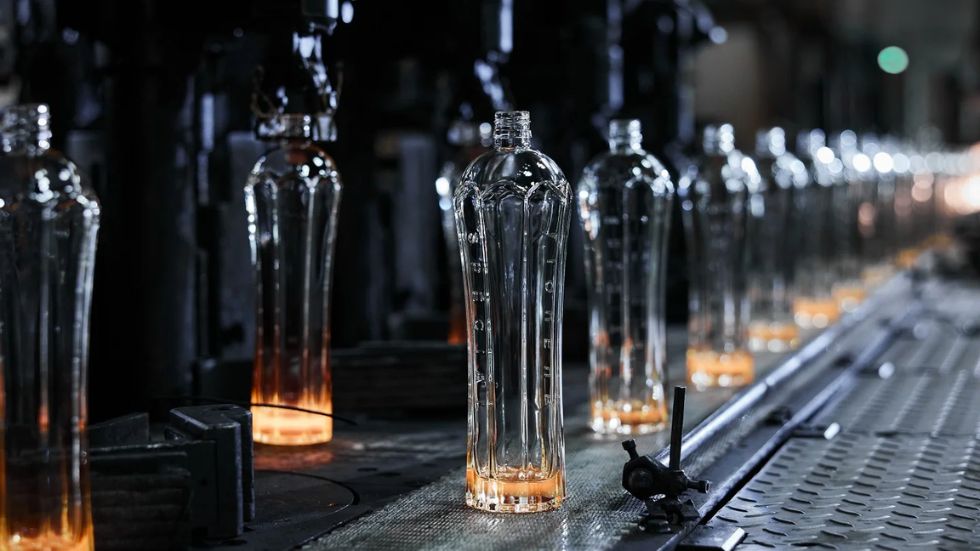Bacardi has achieved a groundbreaking milestone by completing the world’s first commercial production of a glass spirits bottle powered by hydrogen.
Bacardi worked with glassmaker Hrastnik1860 to pioneer new technology that powered a glass furnace with hydrogen as its primary energy source, cutting the Greenhouse Gas emissions typically produced as a byproduct of glass bottle production.
During the trial, Bacardi and Hrastnik1860 produced the ST-GERMAIN elderflower liqueur bottle, which has a similar appearance to bottles produced using traditional methods.
The partners produced 150,000 of the brand’s 70cl glass bottles over the course of the trial. Hydrogen represented more than 60% of the fuel used for the glass furnace, reducing GHG emissions by over 30%.
“Piloting this lower carbon glass production is another example of Bacardi leading the industry in environmental best practice,” said Rodolfo Nervi, Vice President, Safety, Quality and Sustainability for Bacardi.
“We will take the learnings from the trial to help shape a pathway to hydrogen-fuelled glass production and create a blueprint for others to follow. It’s only through making change as an industry that we can bring significant change to our impact on the environment.”
Bacardi’s innovation sets a new standard for environmentally conscious practices in the spirits industry, investing in innovation to find new production solution to reduce the carbon footprint of glass production.
Like most categories, the spirits industry has its own set of challenges as it works to improve its sustainability. To simplify, brands have three factors driving this activity. First, most companies, and Bacardi is one, know that this is the right thing to do and they must play their part in what is a global concern. It may be easy to be cynical about such corporate responsibility but the best brands rarely sustain their leadership without being contributors to the world around them beyond the profit they generate. Second, they know that regulation and governmental input could and will increase. All responsible businesses are working to future-proof their ability to supply and maintain the quality cues such as premium packaging that are at the heart of brand building. Again, you could be cynical and accuse brands of doing it before someone makes them, but the third driver trumps this. Brands know that increasing numbers of consumers notice and care about the behaviour of the brands they choose. We know people are often inconsistent and make conflicting choices, but especially younger and more affluent audiences do not ignore this stuff. This keeps brands honest and aware they need to be part of the solution.. In this case, glass is recyclable, but its production is energy intensive. This is a cost and green issue. This example shows how brands need to innovate to win. It requires creative solutions, investment, partnerships, the consumer in the room and brand as part of the solution. Bacardi’s new solution does all this.

